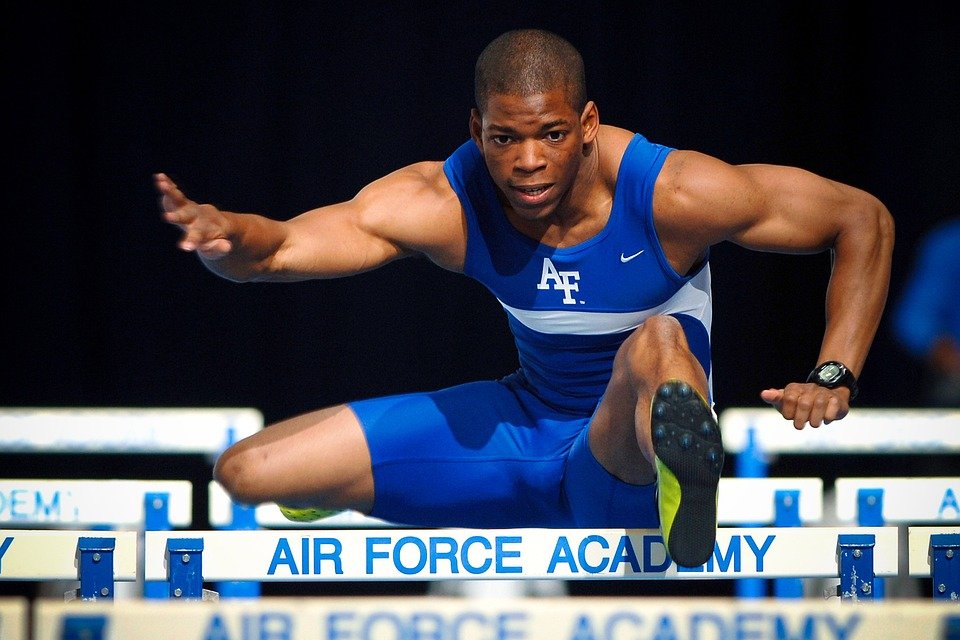The Role of Mental Toughness in Athletic Success
Athletic success is not just about physical strength and skill. Mental toughness plays a crucial role in determining an athlete’s ability to perform at their best and achieve their goals. In fact, many experts believe that mental toughness is just as important, if not more so, than physical abilities when it comes to achieving success in sports.
So, what exactly is mental toughness, and how does it impact athletic performance? In this article, we will explore the concept of mental toughness and its role in athletic success.
What is Mental Toughness?
Mental toughness is a psychological trait that enables individuals to perform at their best in challenging situations. It involves the ability to stay focused, motivated, and resilient in the face of adversity. Mental toughness is not something that comes naturally to everyone, but it can be developed through practice and training.
Athletes who possess high levels of mental toughness are able to maintain their composure under pressure, bounce back from setbacks, and push themselves to their limits. They are able to stay focused on their goals, even when faced with obstacles or distractions. In short, mental toughness is what separates the good athletes from the great ones.
How Does Mental Toughness Impact Athletic Performance?
Mental toughness can have a significant impact on athletic performance in several ways. Here are some of the key ways in which mental toughness can help athletes succeed:
1. Improved Focus and Concentration: Athletes who are mentally tough are able to stay focused on the task at hand, even when faced with distractions. This allows them to perform at their best and make quick decisions under pressure.
2. Increased Motivation and Determination: Mental toughness helps athletes stay motivated and determined to achieve their goals, even when faced with setbacks or challenges. This drive and determination can push athletes to give their all in training and competitions.
3. Resilience in the Face of Adversity: Athletes who are mentally tough are able to bounce back from setbacks and failures. They do not let a bad performance or a loss affect their confidence or motivation. Instead, they use setbacks as learning opportunities and come back stronger than before.
4. Better Stress Management: Sports can be highly stressful, especially at the elite level. Mental toughness helps athletes manage stress and anxiety effectively, allowing them to perform at their best when it matters most.
5. Enhanced Mental Strength: Mental toughness helps athletes develop a strong mindset that is essential for success in sports. It allows them to push through pain, fatigue, and discomfort, and keep going when others would give up.
Overall, mental toughness is a key factor in determining an athlete’s success and performance in sports. It can make the difference between winning and losing, between achieving greatness and falling short of one’s potential.
FAQs:
Q: Can mental toughness be developed?
A: Yes, mental toughness is a trait that can be developed through practice and training. Athletes can work on improving their mental toughness by setting goals, visualizing success, staying positive, and learning to manage stress effectively.
Q: What are some strategies for building mental toughness?
A: Some strategies for building mental toughness include setting specific, challenging goals, developing a positive mindset, staying focused on the present moment, practicing visualization and relaxation techniques, and seeking support from coaches, teammates, and mental health professionals.
Q: How can mental toughness help athletes overcome performance anxiety?
A: Mental toughness can help athletes overcome performance anxiety by teaching them how to manage stress and stay focused on the task at hand. By developing a strong mindset and learning to control their thoughts and emotions, athletes can perform at their best even in high-pressure situations.
Q: Are there any drawbacks to being mentally tough?
A: While mental toughness is generally seen as a positive trait, it can sometimes lead to overtraining, burnout, or injury if athletes push themselves too hard. It is important for athletes to find a balance between pushing themselves to their limits and taking care of their physical and mental health.
In conclusion, mental toughness plays a crucial role in determining an athlete’s success and performance in sports. By developing this important trait, athletes can improve their focus, motivation, resilience, stress management, and overall mental strength. With the right mindset and training, athletes can achieve greatness and reach their full potential in their chosen sport.


